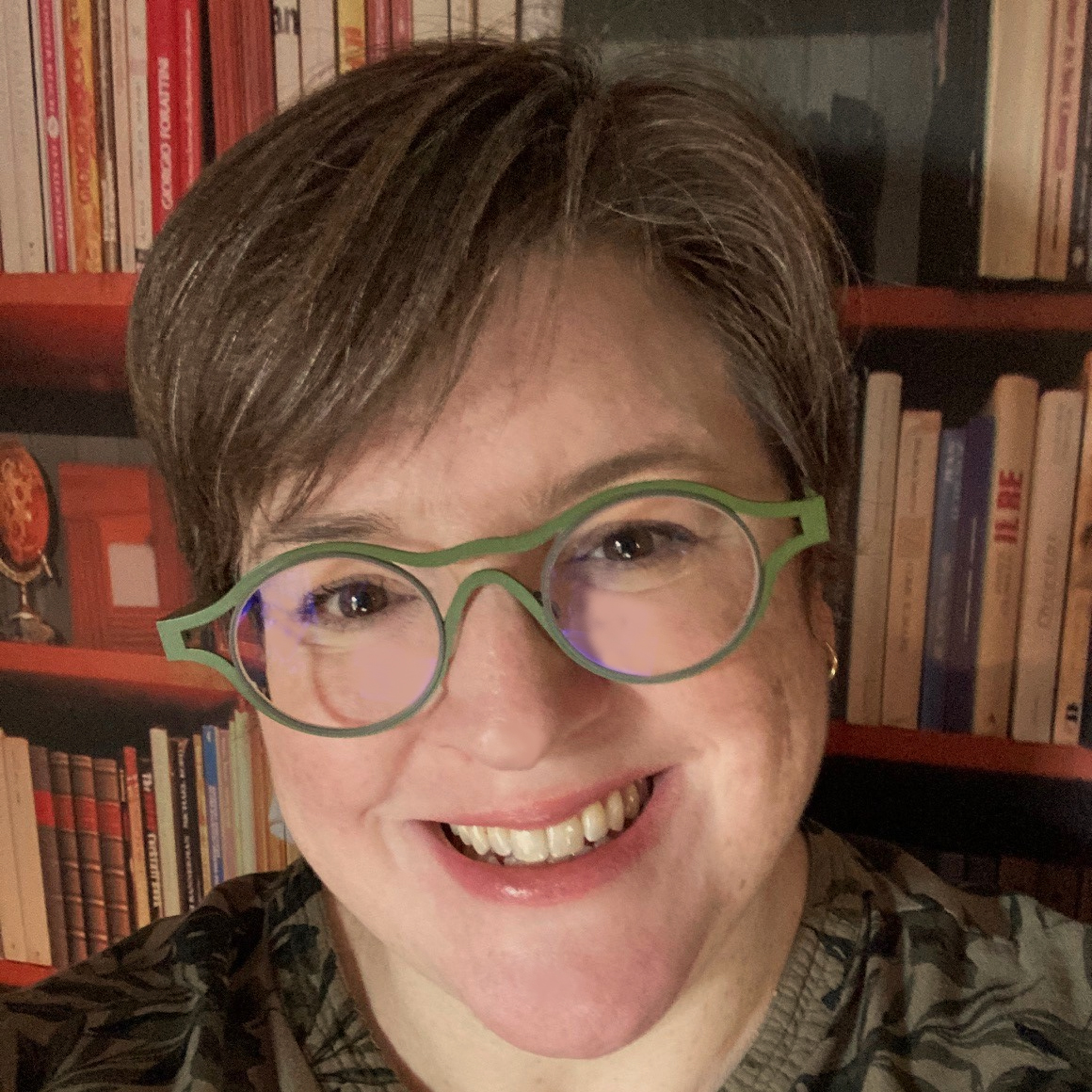
Doing academic research can be hard, especially at the graduate level. As much as we might wish it were, it’s not as simple as typing your topic into Google and hitting search. If you’re struggling with academic research, rest assured that you’re not the only one. Here are a few librarian-recommended top tips for students doing research for a graduate degree.
Learn how to search like a pro.
You may be an expert at “Googling it,” but academic databases require different search techniques. Watch an introductory video or attend a library webinar to learn how to search a database most efficiently. If your library doesn’t offer instructional videos, you will find that each database vendor does. Use those Google skills to go to a vendor’s website such as EBSCO or ProQuest. Visit their support sections for videos and tutorials on how to use their databases.
Set aside time.
There’s an art to searching an academic database and your results won’t be instantaneous. Give yourself time to try different keywords and learn how to use advanced search functions. Keep a notebook or whiteboard handy to jot down keyword ideas or author names as you search. Thorough research takes time! The more you practice searching, the better you’ll get at it.
Follow the clues left by other researchers.
Use the references from one of the articles in your reserved reading list, or a book you’ve found in the library, and find related texts that the author used for their research. If you see an author’s name that appears often in your research, look them up to see if they have written more works on your subject. If that subject matter expert works for a particular organization, look up its website to see if they have resources you can use.
Get organized in a way that works best for you.
There are lots of ways to manage your references. You can keep a spreadsheet, a spiral notebook or use a web-based citation manager like Zotero, Mendeley or RefWorks. Save your articles in folders on your computer by course or chapter. Create a system that makes the most sense to you so you can keep your research organized and easy to access.
Think outside of the library.
If you have access to an academic library, you will be able to search through thousands of subscription journals and e-books to find the resources you need. But there are many other places to find great resources. Google Scholar and the ERIC database can direct you to open access articles which do not need a subscription. You may also find statistical data and articles on government or business organization websites, like the U.S. Environmental Protection Agency or the American Educational Research Association. Open Library is a free digital library providing access to all kinds of books and cultural resources.
Get help.
Librarianship is a service field. We provide access to information and we teach you how to access it yourself. If you have a question, reach out to a librarian. If you don’t have a public or academic library easily accessible, most online libraries offer live chat or at least email. Many also provide instructional tutorials or video guides to help people learn how to search the library at their own pace. Don’t hesitate to reach out for help. Librarians are specially trained and excited to help you find what you need.
American College of Education’s robust library and responsive college librarians are just some of the resources we provide our students to help them find success. To learn more about our student support, watch our virtual open house.

